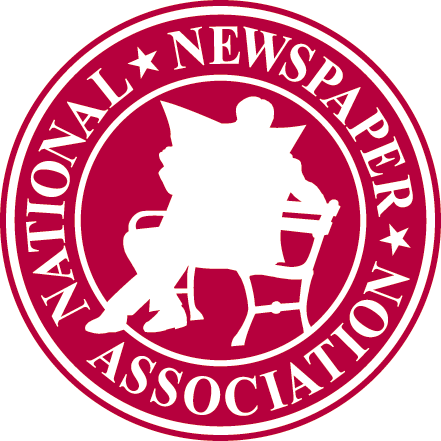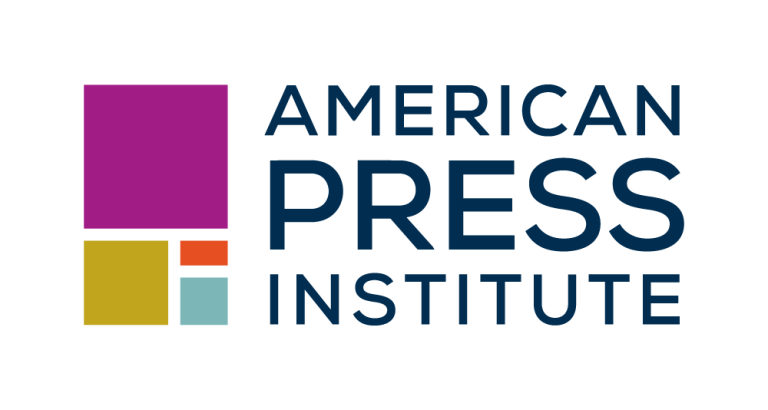The following advisory outlines how journalists are found to be exempt from the exemption from minimum wage and overtime pay provided by Section 13(a)(1) of the FLSA as it applies to journalists/reporters as discussed in 29 C.F.R. § 541.302. The advisory can be read in full here: https://www.dol.gov/agencies/whd/fact-sheets/17q-overtime-journalists
The creative professional exemption is the most common exemption under which journalists and reporters are tested. The creative professional exemption applies if the employee’s primary duty is work requiring invention, imagination, originality or talent in a recognized field of artistic or creative endeavor (e.g., the fields of music, acting, writing and the graphic arts), as opposed to routine mental, manual, mechanical or physical work.
Work that can be produced by a person with general manual or intellectual ability and training is not exempt as creative. The requirement of creativity distinguishes the work of a creative professional from work that primarily depends on intelligence, diligence and accuracy. Since employees’ duties vary widely, and the creative professional exemption depends on how much invention, imagination, originality or talent is actually exercised by the employee, the determination of whether an employee is exempt as a creative professional must be made on a case-by-case basis.
Employees of newspapers, magazines, television and other media are not exempt creative professionals if they only collect, organize and record information that is routine or already public, or if they do not contribute a unique interpretation or analysis to a news product. For example, reporters who rewrite press releases or who write standard recounts of public information by gathering facts on routine community events are not exempt creative professionals.
Reporters whose work products are subject to substantial control by their employer also do not qualify as exempt creative professionals. However, employees may be exempt creative professionals if their primary duty is to perform on the air in radio, television or other electronic media; to conduct investigative interviews; to analyze or interpret public events; to write editorial, opinion columns or other commentary; or to act as a narrator or commentator.
Thus, journalists’ duties vary along a spectrum from the nonexempt to the exempt. The less creativity and originality involved in their efforts, and the more control exercised by the employer, the less likely journalists are to be considered exempt.
Nothing in the Part 541 regulations relieves employers from their contractual obligations to journalists and reporters under collective bargaining agreements. In addition, journalists and reporters paid by the hour are entitled to overtime.
Summary of what an employer must do if the employee is not exempt:
• Under a two-step approach, effective July 1, 2024, the standard salary threshold for overtime exemptions will increase to $844 per week ($43,888 per year).
• Six months later, the minimum salary will jump to $1,128 per week ($58,656 per year).
Impacted employers must either increase the salaries of affected employees or reclassify them to non-exempt status and pay them overtime premium pay of at least 1.5 times the employee’s regular rate of pay.



